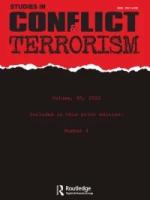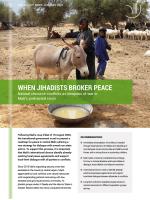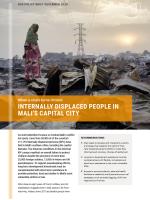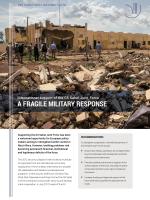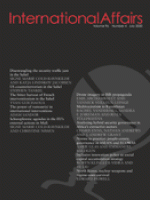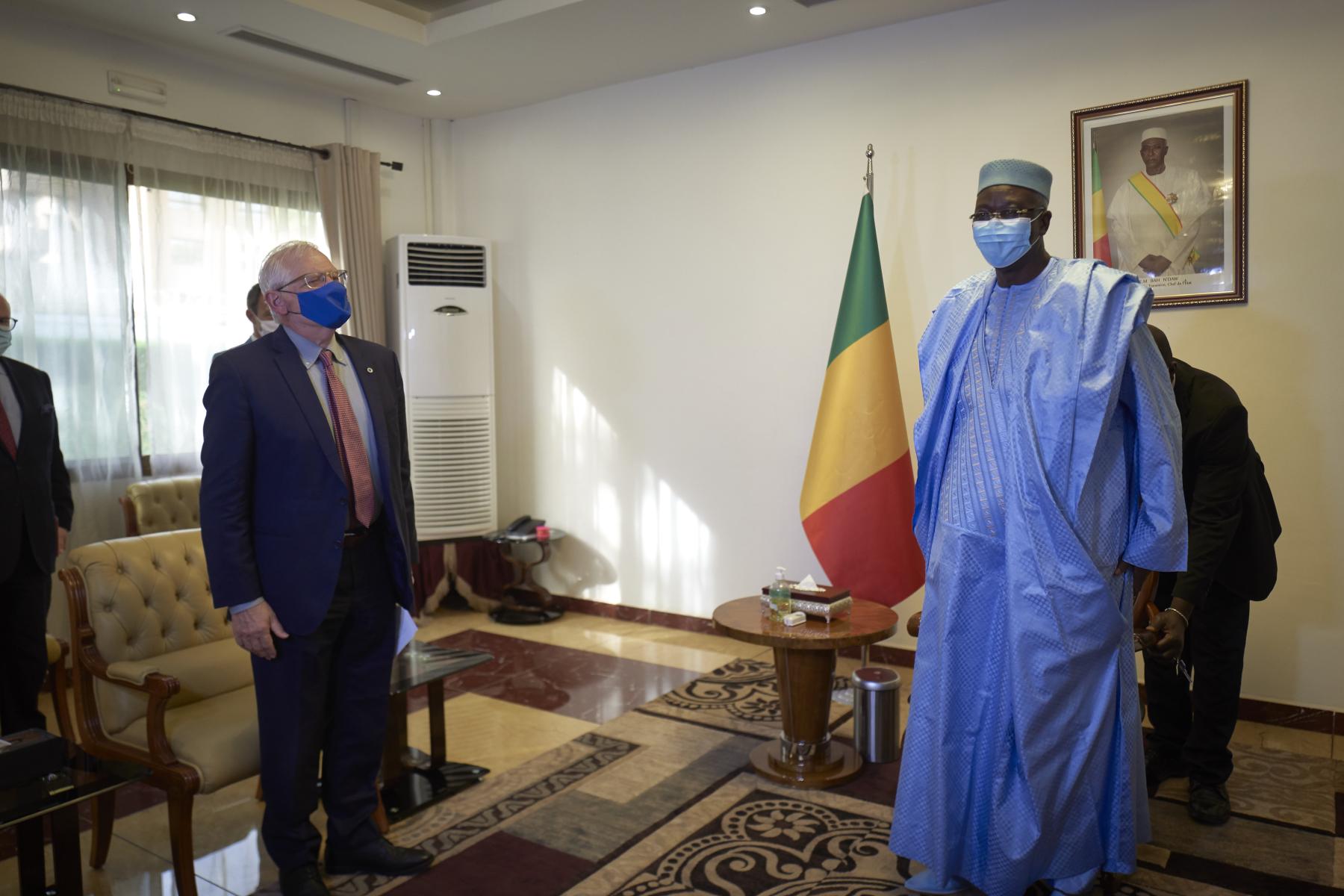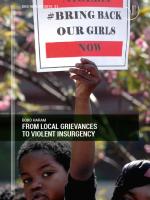How ideology matters in jihadists conflicts
Most literature on conflict and violence in the context of jihadist movements has emphasized material and strategic dimensions, failing to recognize the role of ideological motives. By examining the jihadist conflicts in central Mali, Signe Marie Cold-Ravnkilde and Boubacar Ba, sheds new light on why jihadist ideology matters for the transnationalization of local conflicts. They argue that to understand how jihadist movements gain traction in different conflict-settings around the world, it is necessary to incorporate the ideological dimension into the strategic analysis of the power struggle between local affiliates of the competing global jihadist movements.
By applying the analytical term epistemic worldviews to empirical data from Mali’s epicenter of violence, Cold-Ravnkilde and Ba show that jihadist ideology plays a key role in the transnationalization of the armed struggle between competing local actors. Through the framework of epistemic worldviews, it is made clear how the content of jihadist ideology is translated and negotiated by local actors claiming the right to speak on behalf of jihadism.
In their framing of their fight, local leaders of al-Qaeda and Islamic State combine global jihadist narratives with localized, historically embedded repertoires of meaning. Their competing epistemic worldviews inform and constrain their objective of replacing the existing social order with jihadist informed local governance practices and institutions. These worldviews produce certain ways of knowing and acting, that in turn frame jihadist actors’ being in the world – and hence their expansion.
DIIS Experts

